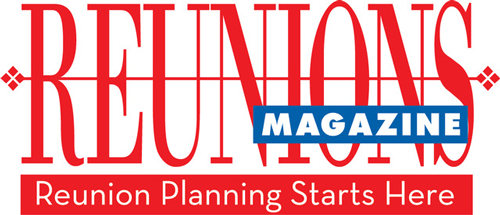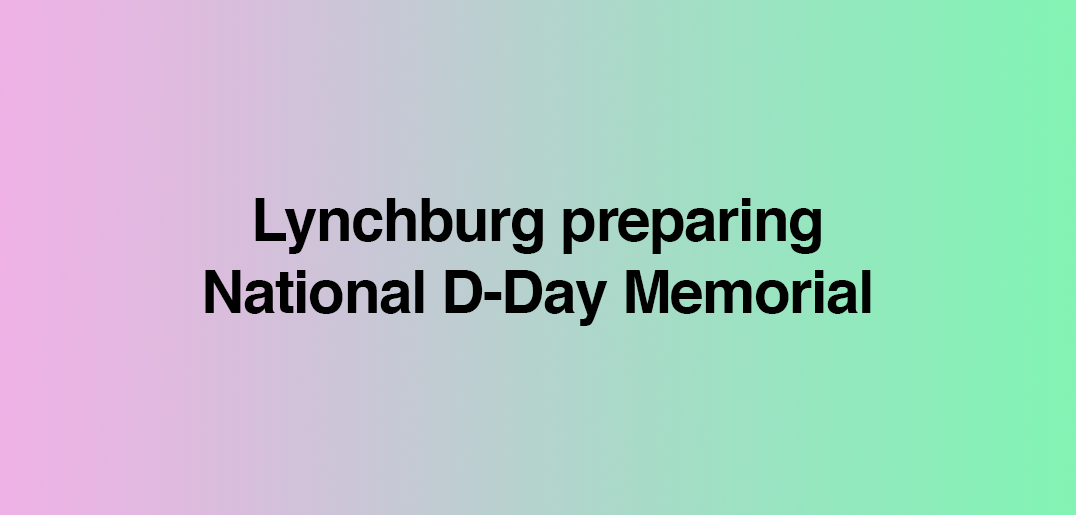The US Army’s Repatriation and Family Affairs Division wants your help locating families of unaccounted soldiers from the Korean War, over 50 years ago. Of more than 8,100 missing servicemen, 6,318 were in the Army which is trying to locate all of these soldiers’ families. To date, about a third of the families have been found, but they still need to find more than 4,000. As a result of recently improved North Korea relations, several hundred sets of remains have been repatriated.
The Repatriation and Family Affairs Division’s goal is to find families to identify soldiers to be buried. They’ve contacted families to build a database of mitochondrial DNA (mtDNA) samples facilitating identification. In this way, when new remains are received they can be quickly compared to database samples.
Unfortunately, after 50 years, it is difficult to locate next of kin. Limited family information in soldiers’ files is over 50 century old. Relatives have moved, died and changed names.
Many of us know someone who didn’t return from the Korean War. If not personally, perhaps we knew of them – say, a friend from school’s brother. Maybe we grew up hearing occasional remarks about a great-uncle dying in Korea or listened to Dad discuss his service recollections. All this information helps the Army locate family members. The tiniest data shred – soldier’s sister’s name, his company before enlisting, a child’s name – can bring a case to resolution.
If you think that you might have a few tidbits visit www.koreanwar.org. Use the search facility to find the soldier’s name. Once you locate him, you can leave a remembrance and contact information. If there is a “DNA” tag near the soldier’s name, his family is being sought, so your assistance is critical. In these cases, leave a remembrance, but consider taking the step of calling the Army at 800-892-2490.
If you know someone who served, help him access this web site or 800 number. Soldiers often talked at length in the field about their home lives so veterans are likely to have information they may not realize is useful. Please give Uncle Sam a helping hand!
From an article by Megan Smolenyak in Eastman’s Online Genealogy Newsletter.





